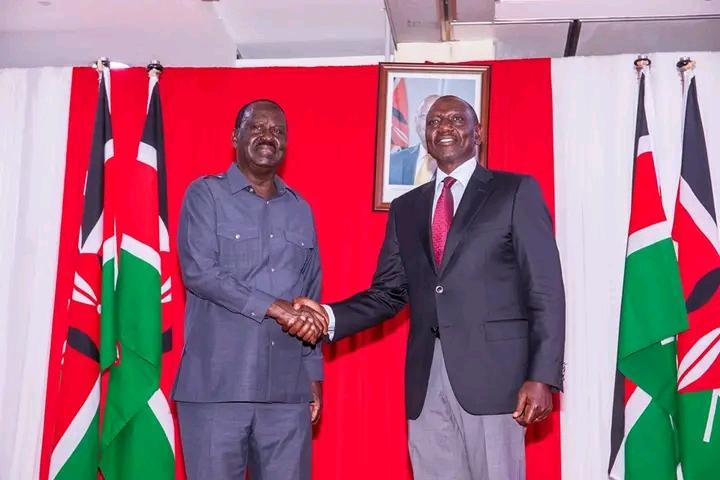More than 42,000 cancer patients in Kenya might soon get a reprieve after a task force recommended capping treatment for the disease.
The National Cancer Task Force has said as part of its recommendation that there is a need to cap cancer treatment and regulate the cost of care.
The Ministry of Health appointed the Taskforce on April 28, 2021, comprising a diverse group of experts across the cancer sector.
It was chaired by the Head, the National Cancer Control Programme Dr Mary Nyangasi , Kenya Society of Hematology and Oncology chairperson Miriam Mutebi (co-chair) and the National Cancer Institute-Kenya CEO Alfred Karagu as the secretary.
NCT was tasked with reviewing the current cancer situation and advising the ministry on how to address cancer prevention and control, governance, coordination and service delivery in the country.
In a report handed over to Health CS Mutahi Kagwe, NCT noted that cancer service delivery in the country is not adequately available, accessible and affordable to the majority of the population hence patients incur high out-of-pocket expenditures.
“There are frequent stockouts of essential cancer medicines, lack of rehabilitative commodities such as colostomy bags at public health facilities even when insurance is available further compromising care and treatment outcomes,” the report reads.
“Access to cancer medicines and health products is often compromised by limited availability, affordability and accessibility.”
The Nyangasi-led team has further noted some of the drivers of the cost are exaggerated and driven purely by greed and vested interests leading to financial catastrophe for individuals and households.
Often, opioids that are required for pain management are out of stock and not covered under NHIF benefits.
In addition, NHIF cover does not address the needs of paediatric cancer patients.
According to the report, the cost of cancer therapy in the country varies with the type of cancer and the stage.
For instance, patients on chemotherapy alone part with an average of Sh138,207.
Those treated with surgery cost an average of Sh128,207, those on radiotherapy Sh119,036.
While it cost an average of Sh333,462 for some patients on a combination of all three.
The cost of treating stage I, II, and III breast cancer in the public sector ranged from Sh160,000 to Sh184,000 while the cost for cervical cancer ranged from Sh100,000 to Sh180,000.
“Breast and cervical cancer treatment in the private sector are generally almost 10 times more expensive than in the public sector," the report reads.
"Palliative care for a six-month period was Sh20,000 and Sh89,000 in the public and private facilities respectively."
Cancer is the third leading cause of death both globally and in Kenya and the second leading cause of Non-communicable diseases deaths after cardiovascular.
Ministry data estimates the annual incidence of cancer at 42,116 in 2020 down from 47,887 cases in 2018 and the annual mortality at 27,092 in 2020 down from 32,987 in 2018.
Among men, prostate cancer is the most common cancer followed by esophagus, colorectal, non-Hodgkin's lymphoma and stomach.
Breast cancer is the most frequent cancer among women followed by cervical cancer, esophagus, colorectal and ovarian cancer.
The five top cancers are listed as breast, cervical, prostate, esophageal and colorectal.
Speaking while receiving the report, Kagwe said the recommendations will provide a platform for the country to decisively deal with the cancer burden which remains a contributor to disease burden and financial catastrophe to many households and communities.
NCT has also been tasked to conduct a scoping review of global best practices in cancer care.
This is in view of recommending policy and clinical reform proposals to enable attainment of the highest standards of cost-effective oncology service delivery in Kenya.
(Edited by Tabnacha O)
“WATCH: The latest videos from the Star”









